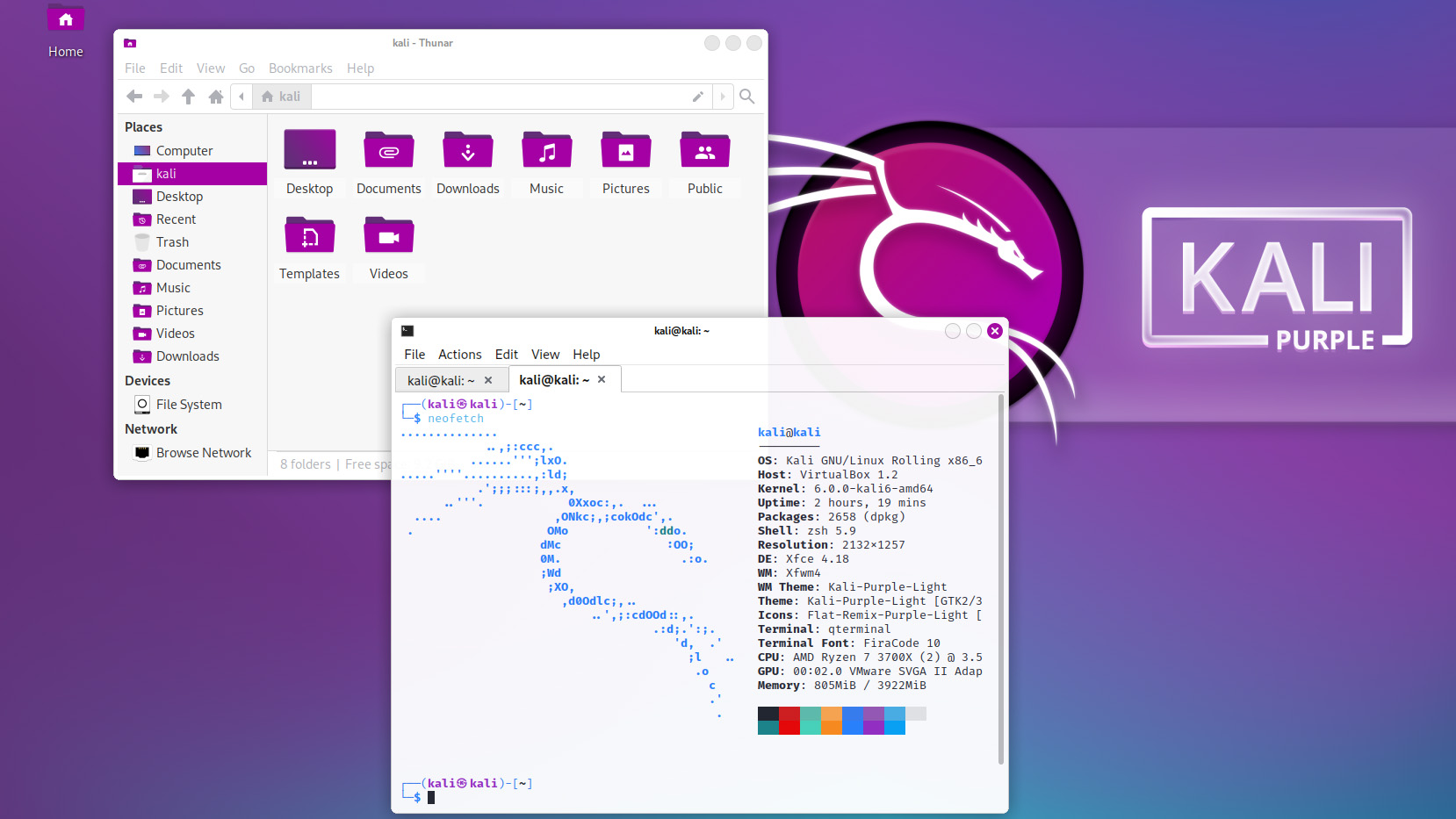Raspberry Pi OS update bolsters security against brute force attacks
The security change was made in line with increasing number of countries choosing to outlaw default credentials


Raspberry Pi has announced a new change to the device’s operating system that aims to improve its defences against cyber attacks.
First-time set up processes for Raspberry Pis have previously required users to set a custom password, but the latest change will mandate a custom default user name too.
Although developers have said that obtaining a common default user name, which was previously set to “pi” unless changed, isn't all that useful to hackers, they believe this change should help prevent brute force attacks and password spraying attempts.
“Just knowing a valid user name doesn’t really help much if someone wants to hack into your system; they would also need to know your password, and you’d need to have enabled some form of remote access in the first place,” said Simon Long, senior principal engineer at Raspberry Pi.
“But nonetheless, it could potentially make a brute-force attack slightly easier, and in response to this, some countries are now introducing legislation to forbid any Internet-connected device from having default login credentials.”
The UK’s Product Security and Telecommunications Infrastructure (PSTI) Bill was introduced in 2021 but drew criticism from experts who argued the Bill did not go far enough to ensure adequate protection for internet-connected devices.
The PSTI’s scope does not cover desktop and laptop computers, among an array of other devices, Martin Tyley, head of cyber security at KPMG UK, said to IT Pro earlier this year - a category under which Raspberry Pis would fall.
Get the ITPro daily newsletter
Sign up today and you will receive a free copy of our Future Focus 2025 report - the leading guidance on AI, cybersecurity and other IT challenges as per 700+ senior executives
RELATED RESOURCE

Edge to cloud security: A new WAN and security edge
A practical guide to adopting a secure access service edge (SASE) architecture
Long said the change to Raspberry Pi OS may introduce “a few issues” where software and its accompanying documentation assumes a default “pi” user is present, though “it feels like a sensible change to make at this point”.
After flashing a new OS image, users will be presented with a new, but familiar, Raspberry Pi OS set up wizard, which will no longer be optional. Users could previously press ‘cancel’ and were not forced to use it.
If users choose to manually set their user name and password to ‘pi’ and ‘raspberry’ respectively, the previous default credentials, they will be met with a warning prompt but such a configuration won’t be prohibited.
Raspberry Pi: Top projects to try yourself The top 12 password-cracking techniques used by hackers
There are also alternative options for users who cannot work through the first-time set up wizard, should they wish to bolster the security of their devices.
For users running a headless Raspberry Pi, there exists an option to preconfigure the OS image with a user account. Raspberry Pi has instructions on how to do this.
Existing Raspberry Pi installations can also configure their default user name by first updating their OS and then running the ‘sudo rename-user’ command. Users will be prompted to reboot and then a more basic version of the first-time set up wizard will appear, allowing users to set default credentials at this stage.
As part of the new set up wizard, users will also be able to pair Bluetooth peripherals without requiring an initial USB connection. The update removes the need for USB cables at any stage of connection, an occurrence Long said was "a bit irritating".

Connor Jones has been at the forefront of global cyber security news coverage for the past few years, breaking developments on major stories such as LockBit’s ransomware attack on Royal Mail International, and many others. He has also made sporadic appearances on the ITPro Podcast discussing topics from home desk setups all the way to hacking systems using prosthetic limbs. He has a master’s degree in Magazine Journalism from the University of Sheffield, and has previously written for the likes of Red Bull Esports and UNILAD tech during his career that started in 2015.
-
 Should AI PCs be part of your next hardware refresh?
Should AI PCs be part of your next hardware refresh?AI PCs are fast becoming a business staple and a surefire way to future-proof your business
By Bobby Hellard Published
-
 Westcon-Comstor and Vectra AI launch brace of new channel initiatives
Westcon-Comstor and Vectra AI launch brace of new channel initiativesNews Westcon-Comstor and Vectra AI have announced the launch of two new channel growth initiatives focused on the managed security service provider (MSSP) space and AWS Marketplace.
By Daniel Todd Published
-
 A journey to cyber resilience
A journey to cyber resiliencewhitepaper DORA: Ushering in a new era of cyber security
By ITPro Published
-
 A new framework for third-party risk in the European Union
A new framework for third-party risk in the European Unionwhitepaper Report: DORA and cyber risk
By ITPro Published
-
 Kali Linux releases first-ever defensive distro with score of new tools
Kali Linux releases first-ever defensive distro with score of new toolsNews Kali Purple marks the next step for the red-teaming platform on the project's tenth anniversary
By Rory Bathgate Published
-
 Microsoft releases scripts to restore shortcuts deleted in faulty Windows Defender update
Microsoft releases scripts to restore shortcuts deleted in faulty Windows Defender updateNews However, some users have resorted to creating their own fixes as they’ve encountered Microsoft’s to be problematic
By Zach Marzouk Published
-
 Windows Defender update deletes Start Menu, Taskbar, Desktop shortcuts
Windows Defender update deletes Start Menu, Taskbar, Desktop shortcutsNews For now, it appears that administrators will have to manually recreate their shortcuts once the issue has been fixed
By Zach Marzouk Published
-
 IBM LinuxONE for dummies
IBM LinuxONE for dummiesWhitepaper Secure your data, build an open hybrid cloud environment, and realise the cost benefits of consolidation
By ITPro Published
-
 Windows 10 users encounter ‘blue screen of death’ after latest Patch Tuesday update
Windows 10 users encounter ‘blue screen of death’ after latest Patch Tuesday updateNews Microsoft said it is working on a fix for the issue and has offered users a temporary workaround
By Ross Kelly Published
-
 Apple issues fix for ‘actively exploited’ WebKit zero-day vulnerability
Apple issues fix for ‘actively exploited’ WebKit zero-day vulnerabilityNews The update marks the 10th fix for zero-day vulnerabilities this year
By Ross Kelly Published